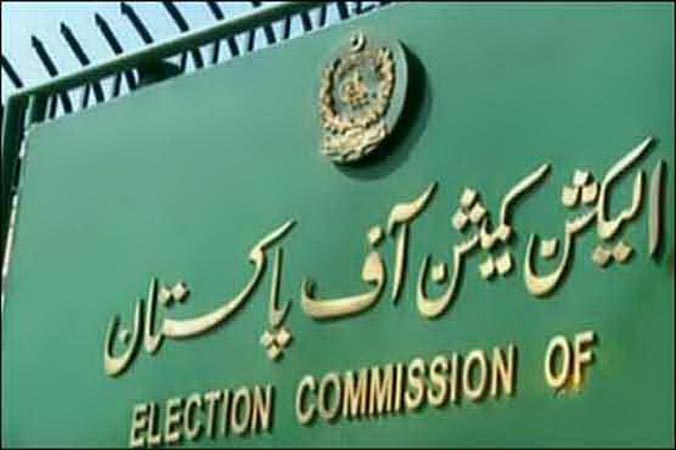 The Election Commission of Pakistan (ECP) has formally informed the federal government that 13 sections of the Election Amendment Bill recently approved by the National Assembly are in conflict with the constitution, a private TV channel reported.
The Election Commission of Pakistan (ECP) has formally informed the federal government that 13 sections of the Election Amendment Bill recently approved by the National Assembly are in conflict with the constitution, a private TV channel reported.
“The rights regarding the voters list are under the purview of the ECP and 13 provisions of the proposed Election Act are unconstitutional,” the ECP secretary said in a letter to the parliamentary affairs secretary, also requesting that the matter be brought to the notice of Prime Minister Imran Khan before introducing the bill in Senate.
The ECP opposed the inclusion of the word ‘open ballot’, which has replaced ‘secret ballot’. It said that the inclusion of the word ‘open ballot’ is in violation of Article 226 of the constitution. “The Supreme Court has given a clear opinion in this regard in the case related to the presidential reference,” the letter read.
The commission said electronic voting machines (EVMs) require a thorough debate in parliament. It added that there are many issues with the EVMs that remain unaddressed and therefore the ECP cannot guarantee that their use would help in holding free and fair elections. It also raised objections to the right of vote for overseas Pakistanis.
The ECP expressed concerns on the amendments that would take powers away from the commission and hand them over to the National Database and Registration Authority (NADRA).
A day earlier, Adviser to Prime Minister on Parliamentary Affairs Babar Awan had said that the government has made its intent clear on electronic voting machines (EVMs) and the bill pertaining to it will sail through the National Assembly and Senate. He had said that they have already given the ECP authority to hold elections using the EVMs. “We have introduced a bill on EVMs in the National Assembly and Senate,” he had said, adding that the opposition had been conveyed that the bill could not be withdrawn.
Earlier this month, the National Assembly’s Standing Committee on Parliamentary Affairs had green-lighted the government’s electoral reforms bill with a majority vote. The five amendments to the Election Act that have been approved include holding Senate elections through open ballot, granting right to vote as well as conditionally contest polls in the country to overseas Pakistanis and issuance of lists of candidates for reserved seats for women and members of religious minorities within three days. Declaring a National Assembly, Senate or local government seat vacant if the successful candidate does not take oath within 60 days of the polls and demarcation on the basis of voters instead if population were also given the nod.